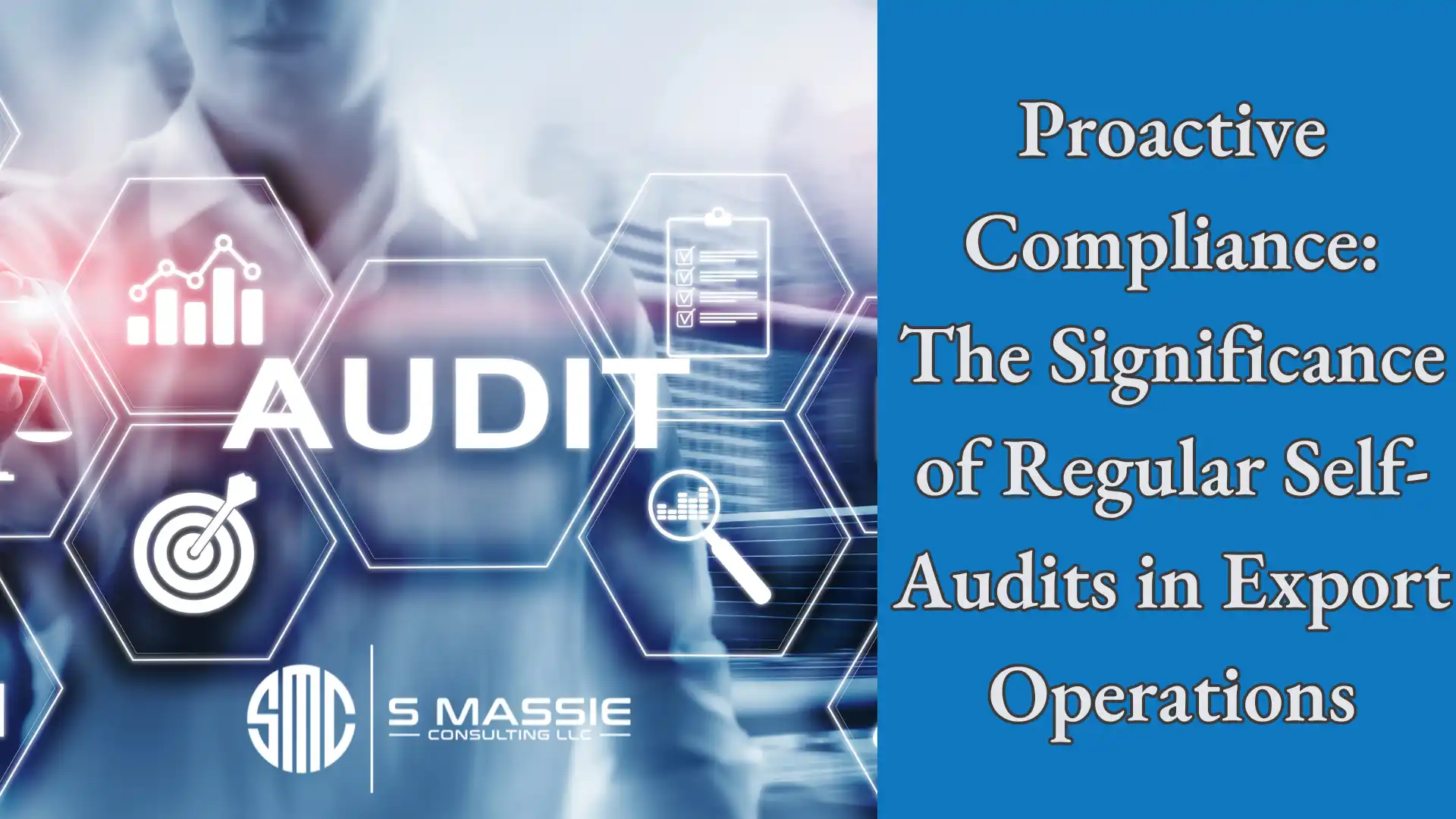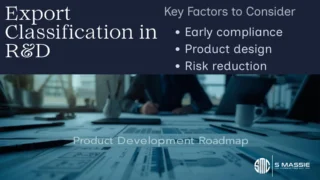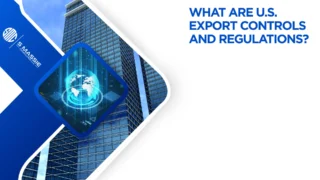At S Massie Consulting, we recognize the significance of robust ITAR and EAR export compliance measures and the role that regular self-audits play in achieving and maintaining compliance excellence. Here’s why conducting self-audits on a regular basis is crucial for your organization:
- Comprehensive Risk Assessment: Regular self-audits enable your organization to conduct a thorough assessment of its export compliance processes, identifying potential gaps, weaknesses, or areas of non-compliance. By proactively identifying and addressing these issues, you can mitigate the risk of compliance violations and associated penalties.
- Continuous Improvement: Self-audits facilitate a culture of continuous improvement within your export compliance program. Through regular review and evaluation of processes, policies, and procedures, your organization can identify opportunities for enhancement and refinement, ultimately strengthening your compliance framework.
- Preventative Measures: By conducting self-audits on a regular basis, your organization can identify and address potential compliance issues before they escalate. This proactive approach allows for the timely implementation of corrective actions and preventative measures, reducing the likelihood of non-compliance incidents.
- Unit-Level Self-Audits: In addition to full organizational self-audits, conducting unit-level self-audits is equally essential. Unit-level self-audits allow for a more granular examination of specific export processes and transactions, enabling timely identification and resolution of compliance issues at their source. This decentralized approach complements the broader organizational self-audit efforts, ensuring comprehensive coverage and effectiveness in maintaining export compliance across all operational units.
- Operational Efficiency: A well-executed self-audit process can streamline your organization’s export compliance operations, leading to enhanced efficiency and effectiveness. By identifying inefficiencies and redundancies, you can optimize your compliance efforts, saving valuable time and resources in the process.
- Demonstration of Due Diligence: Regular self-audits demonstrate your organization’s commitment to due diligence and regulatory compliance. This not only enhances your reputation as a responsible global trade partner but also instills confidence among stakeholders, including customers, suppliers, and regulatory authorities.
Conclusion
Regular self-audits are a cornerstone of effective export compliance management. By proactively assessing your organization’s compliance processes and implementing necessary improvements, you can mitigate risks, enhance operational efficiency, and demonstrate your commitment to regulatory compliance.
Contact us to schedule a consultation or compliance review.






